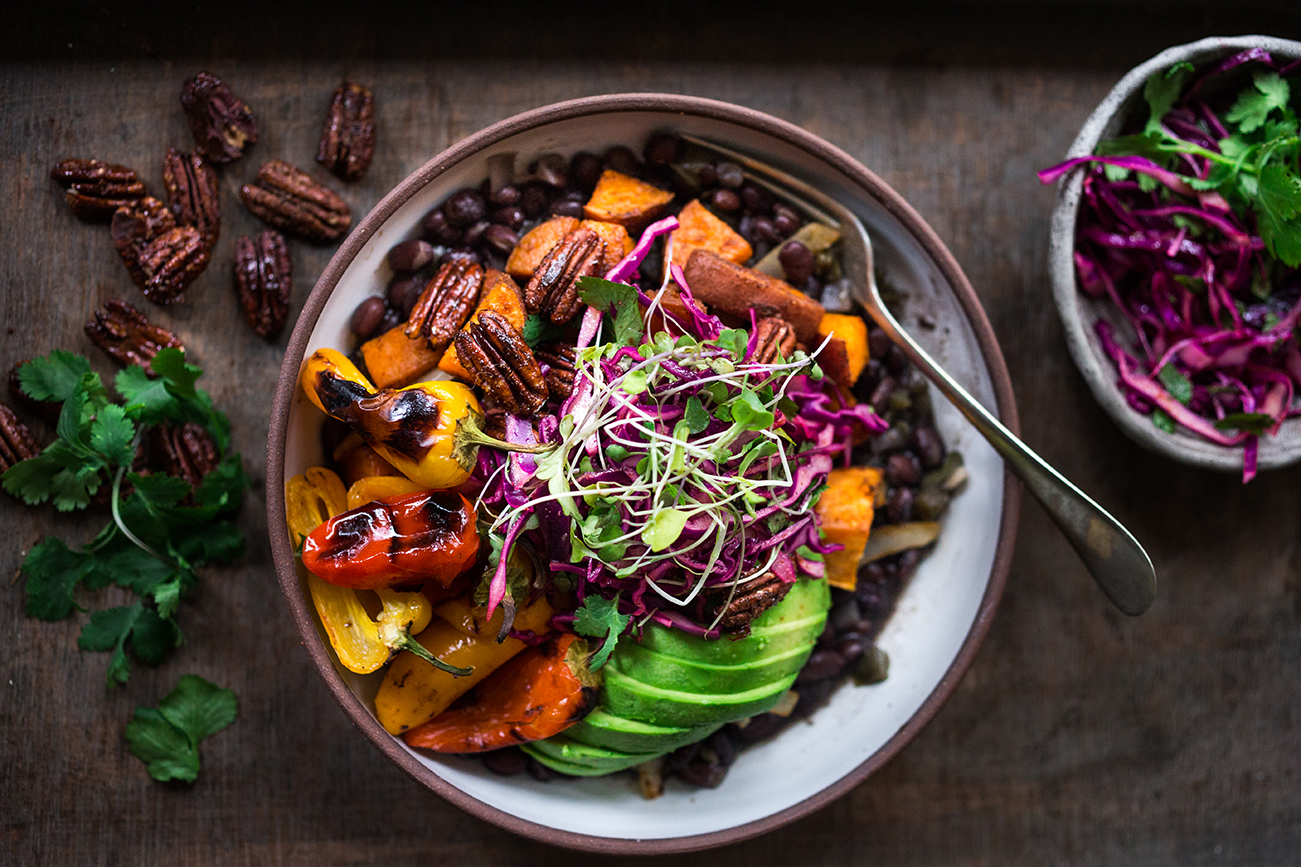Phytonics
by Mark Ryan

"A safe, slow and steady approach can be both manageable and achievable, and not punish you for the odd slip-up."
This is how I refer to the physical aspect of a person's health/wellbeing. Interestingly, it is also a word that is related to the smallest unit of a plant that can grow into an entire plant. Regeneration!
My approach is to always look at the individual client and to work specifically with them, in order for you to move towards your self-identified goal/goals. The correct tailor-made methodology can ensure this. The coach and client both have their role to play, within the same team.
A dynamic approach is best, where appropriate tweaks can be made, once the process commences. An important point to remember is that you will not be “on a diet”, but will be adopting a healthy and well-balanced dietary approach. This will begin with the healing/soothing of the digestive system, as the quality of foodstuffs consumed can only be of true benefit if the digestive system is functioning correctly. You are not what you eat, but what you absorb and assimilate.
With no major sacrifices being made, your progress will be informative, educational and enjoyable. To reiterate, you are not “going on a diet”, but rather embracing certain positive life-style adjustments. This is why a specific diet will not work for everyone. Some will thrive, but many will fail. It’s important to remember that this doesn’t make you a failure. You just haven’t found the right path yet!
Therefore, a safe, slow and steady approach can be both manageable and achievable, and not punish you for the “odd slip-up”. That being said, you are always in control of how you proceed and the pace at which you choose to do so.

I like to consider both quantity (macronutrient proportions, namely carbs, fats & protein) and quality (nutrient-dense wholefoods), and will give a detailed explanation of the importance of these two factors when working directly with you. This is why the whole area of nutrition can be so confusing, as there is a vast amount (a lot of times conflicting) of information, explanations and recommendations. One of my roles is to simplify this, and to assist you to move in the right direction with ease and confidence.
A properly functioning digestive system provides us with multiple benefits, such as healthy weight loss, enhanced elimination of toxins, heightened mental clarity, increased energy and stamina, regular, consistent and optimal bowel movements, improved absorption of nutrients, increased immune system and disease defences, and relief from mood disorders. Therefore, it makes perfect sense to treat ourselves with respect, through what, when, why and how we eat.
"Do you want a corporation to prepare/cook your meals, or do you want to do this for yourself?"
Industrial farming methods have resulted in greater quantities and greater choices of foodstuffs, but at what cost? To the detriment of our health, we swiftly arrived at the age of super-processed/super-convenient foodstuffs. The basic concept of the clean-eating of nutrient-dense wholefoods is now, sadly, a distant memory, or an unknown experience.
It’s hard to believe that figures from the World Health Organisation (WHO) suggest that Ireland is set to become home to the most overweight population in Europe by the year 2030. 89% of Irish men are set to be overweight, while obesity rates for women are set to soar from 23% to 57%. However, the great thing is that you possess the power to not become one of these statistics.
Individually, we need to take control of our own health and look after our bodies and minds, in both a responsible and respectful way. Do you want a corporation to prepare/cook your meals, or do you want to do this for yourself?
I have often wondered about the tragic irony of the fact that the acronym for the Standard American Diet spells the word “SAD”. And it is! I would deem it to be both problematic, and worrying, that the current modern Irish diet has similar qualities to the above mentioned American diet. A recent comprehensive study, published by researchers from the School of Natural Sciences at Trinity College Dublin, concluded that the Irish Diet may be described as one, "rich in cereals, dairy, red meat and convenience foods (miscellaneous savoury and sweet dishes). The top 70 per cent of the daily calorific intake is made up of cereals, dairy, red meat, savoury and dessert dishes. With less than 5 per cent of the total daily total made up of legumes, non-starchy vegetables and fruit."